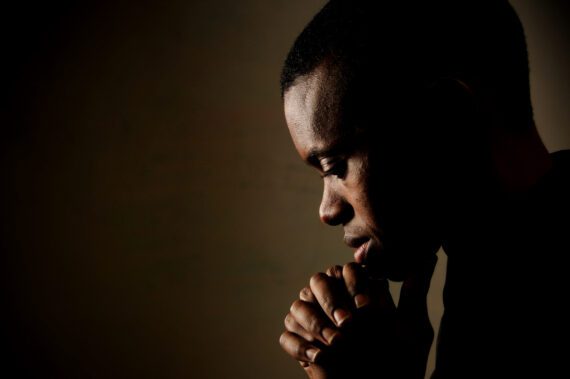By Rev. Dr. Angelique Walker-Smith
Did you know that the United States holds 25 percent of the world’s incarcerated people in its jails and prisons? Did you know that 13 percent of the U.S. population is African American, yet almost 50 percent of the more than 2 million people in prisons are black? One-third of black men between the ages of 18 and 28 are in prisons or jails, on parole, or waiting for their day in court. Dr. Iva Carruthers, vice chair of Bread for the World’s board and general secretary of the Samuel DeWitt Proctor Conference, cites these statistics in this month’s devotional in the “Lament and Hope” Pan African devotional.
Carruthers reminds us that this tragedy has public policy roots in 1971 with the “War on Drugs” declared by President Richard Nixon. In her book, “The New Jim Crow: Mass Incarceration in the Age of Colorblindness,” Michelle Alexander argues that “by targeting black men through the War on Drugs and decimating communities of color, the U.S. criminal justice system functions as a contemporary system of racial control—relegating millions to a permanent second-class status—even as it formally adheres to the principle of colorblindness…. We have not ended racial caste in America; we have merely redesigned it.”
Bread for the World sees mass incarceration as a hunger and faith issue. In Bread’s article, Mass Incarceration: A Major Cause of Hunger, we identify how mass incarceration increases hunger. The article refers to a study by the National Institutes of Health that points out that 91 percent of returning citizens reported being food insecure. Many face difficulty securing a place to work and live after being released. In addition, 75 percent of returning citizens report that it is “extremely difficult” or “impossible” to find a job post-incarceration. This is why Bread advocated for the First Step legislation that was passed and is still monitoring its progress and supporting further reforms.
Advocates like Bryan Stevenson, the executive director of the Equal Justice Initiative (EJI), stated that “the First Step Act is important but does not go far enough in addressing the realities of mass incarceration.” He is also known for making the connection between the enslavement period of African peoples in the United States and mass incarceration. He reminds us that this year of the Quad-Centennial of the enslavement of Angolan peoples in 1619 is a root cause for the disproportionate representation of black and brown people who are incarcerated today. In other words, the brutal period of more than 250 years of unpaid labor in a system of chattel slavery—in which hunger, malnutrition and poverty became normalized—still has consequence.
Our prayerful engagement to end hunger and racial inequities by advocating for policies that lead to prison reforms is important. Recently, Bread was a part of the Annual Convocation of Christian Churches Together (CCT) held at the Dexter Avenue King Memorial Baptist Church in Montgomery, Alabama, where national church leaders from the five national Christian families renewed their commitment to this.
Rev. Dr. Angelique Walker-Smith is senior associate for Pan African and Orthodox Church Engagement at Bread for the World.



